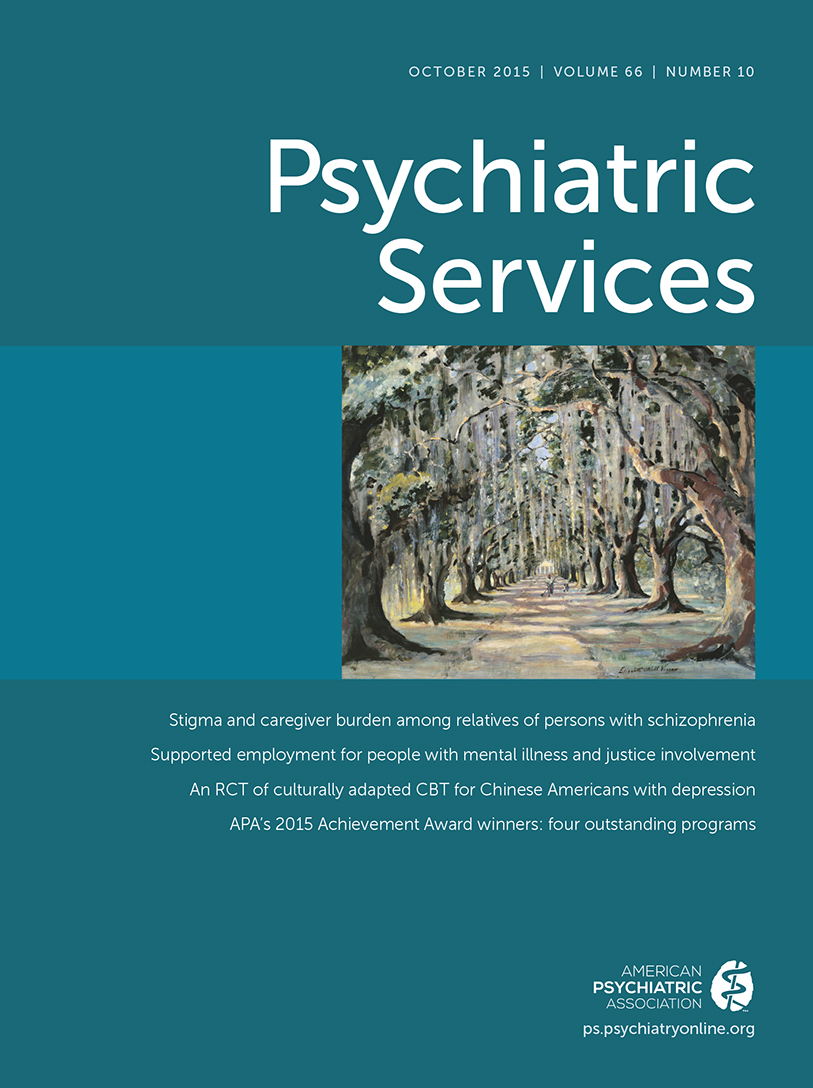Readiness to Implement an Evidence-Based Psychotherapy: Perspectives of Community Mental Health Clinicians and Administrators
Abstract
Objective:
Using evidence-based psychotherapies in community mental health clinics could significantly improve patient functioning. This study explored perceived facilitators and barriers related to implementing interpersonal and social rhythm therapy (IPSRT), an evidence-based psychotherapy for bipolar disorder.
Methods:
The authors conducted 30-minute semistructured interviews with clinic administrators, supervisors, and clinicians from five community mental health clinics focusing on anticipated barriers and facilitators related to implementing IPSRT.
Results:
Seventeen participants (four administrators, three supervisors, and ten clinicians) completed the interviews. Important barriers to effective implementation included frequent client no-shows, difficulties transitioning from training to practice, and time constraints. Facilitators included support from supervisors and other clinicians, decreased productivity requirements or compensation for time spent while learning IPSRT, and reference materials.
Conclusions:
Administrators and clinicians expressed similar beliefs about facilitators and barriers related to implementing IPSRT. The challenge of high no-show rates was not identified as a barrier in previous research.



